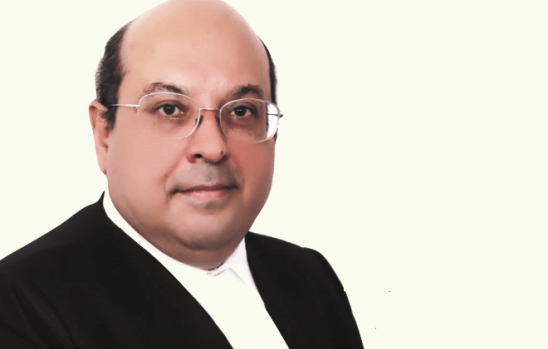LI Network
Published on: October 18, 2023 at 10:46 IST
Justice Rohinton Nariman, a retired Supreme Court judge, recently stressed the importance of bringing every individual responsible for war crimes to trial, regardless of whether they belong to a victorious or vanquished nation. He emphasized that universal peace can only be achieved when all those involved in war crimes are held accountable.
Justice Nariman advocated for the establishment of a charter and a panel of judges, ideally appointed by a neutral organization like the United Nations (UN), to prosecute individuals for war crimes. He proposed a clear definition of war crimes in the charter to avoid retrospective accusations and the inclusion of neutral judges to prevent inherent bias.
During a lecture titled ‘The Nuremberg & Tokyo Trials – The Rule of Law Vindicated‘ at an event organized by the High Court Bar Association (HCBA) at the Nagpur bench of the Bombay High Court, Justice Nariman reflected on the Nuremberg and Tokyo trials that followed World War II. He pointed out that these trials, which were conducted by panels of judges from the winning nations, did not fully adhere to the rule of law.
Justice Nariman discussed dissenting opinions from judges at both trials, which highlighted the arbitrariness of prosecution by the tribunals. He mentioned that Italians, despite their involvement in the war, were not arraigned as accused, and Japanese Emperor Hirohito was spared a trial due to the United States’ interest in making Japan an American protectorate.
The judge also emphasized the significance of Justice Radhabinod Pal’s dissenting opinion, which ran to 1,200 pages, during the Tokyo trial. Justice Pal argued that the ‘victors’ should also be indicted, pointing out that their bombings had killed over 200,000 civilians.
Justice Nariman questioned the fairness of justice when the ‘victors’ were the ones administering it, raising concerns about the rule of law in such cases.
Justice Nariman’s lecture highlighted the importance of impartial and just trials for war crimes, irrespective of the nation involved, as a step towards achieving universal peace.

